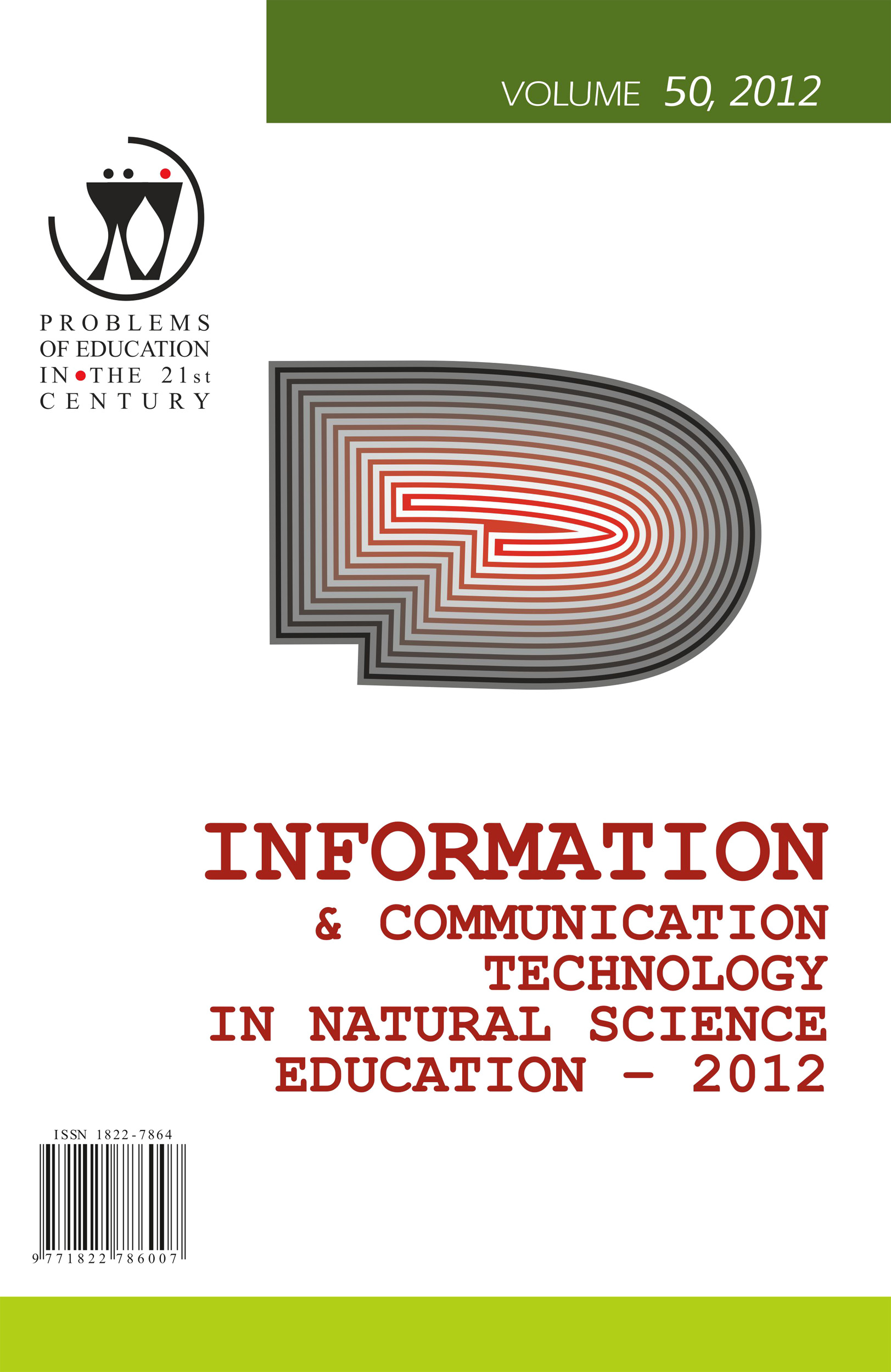SCIENCE LEARNING SYSTEMS NEWLY RECEIVED BY LITHUANIAN SCHOOLS AND THEIR POTENTIAL APPLICATIONS IN TEACHING PHYSICS
SCIENCE LEARNING SYSTEMS NEWLY RECEIVED BY LITHUANIAN SCHOOLS AND THEIR POTENTIAL APPLICATIONS IN TEACHING PHYSICS
Author(s): Violeta Šlekienė, Loreta RagulienėSubject(s): Education, School education, Pedagogy
Published by: Scientia Socialis, UAB
Keywords: Science learning System; teaching physics; educational equipment; teachers’ opinion;
Summary/Abstract: Wider knowledge update is always a big challenge for schools. In the event of changes in the curriculum, a question naturally arises: where teachers and students will get new teaching materials. It is necessary to renew textbooks and other teaching tools and to help teachers learn how to work with new knowledge. Natural science laboratory material base in secondary schools has been renewed by implementation of the project "Infrastructure of technology arts and natural sciences”. However, to achieve the desired result, it is necessary to find out whether there is sufficient infrastructure, whether new equipment conforms to expectations of the teacher, whether teachers are able to learn independently and appropriately use new laboratory equipment and modern tools. All this added together can require a systematic teacher training.The paper presents research connected with the new equipment and teaching tools received by Lithuanian secondary schools under the project "Infrastructure of technology arts and natural sciences” and their potential application in teaching physics. Information gathering and data processing unit Xplorer (GLX), Science Learning Systems (Nova and Spark) with sensors are analyzed. Questionnaire survey results of the teachers having this equipment are presented.
Journal: Problems of Education in the 21st Century
- Issue Year: 50/2012
- Issue No: 1
- Page Range: 108-116
- Page Count: 9
- Language: English

